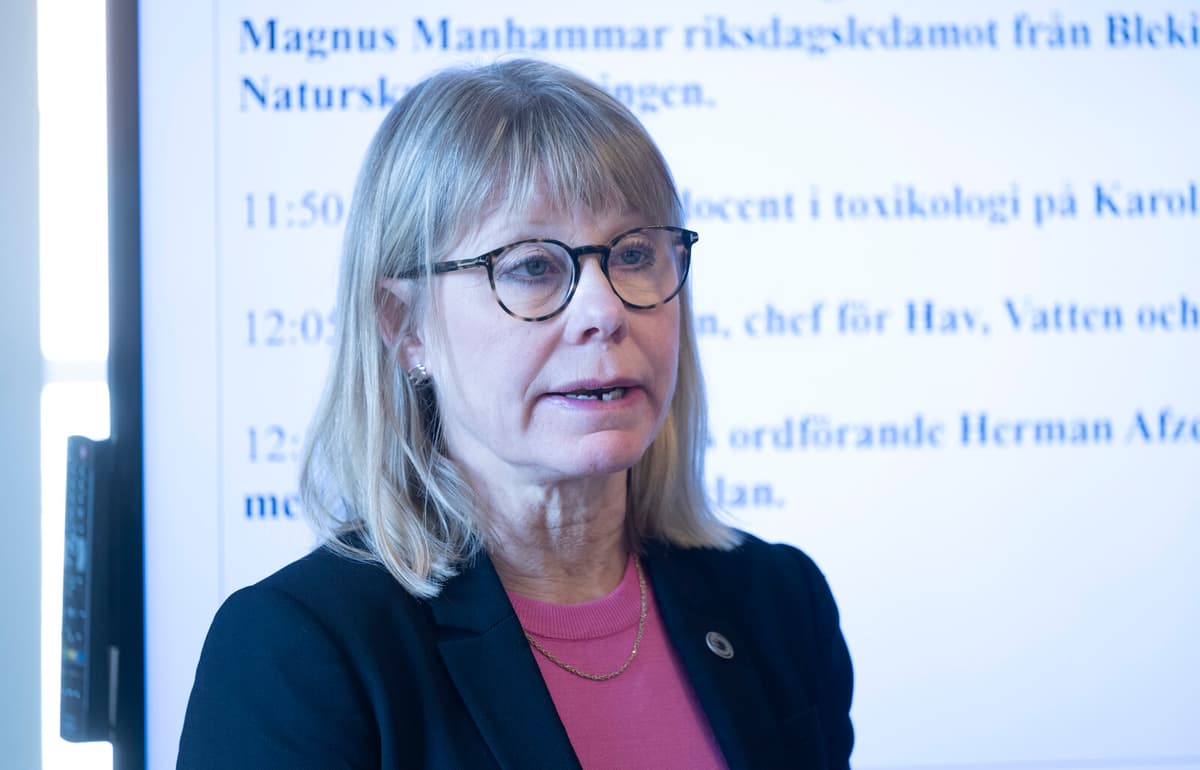According to the Swedish Society for Nature Conservation's calculations, the proposal covers between 5 and 10 percent of the country's area. The association is not opposed to differentiated protection, but "views seriously" the fact that the parties now want to remove protection for all small lakes and watercourses.
Protection is not less important just because it is a smaller lake or a smaller watercourse; these can be incredibly important for biological diversity. It's about both the land closest to the water and the water area itself. To sweep everything under the carpet is unscientific, says Karin Lexén.
The Swedish Society for Nature Conservation also believes that the right of public access can be compromised.
If you let those who have the most money build on the most beautiful beaches, even by small watercourses, it means that the general public will have a harder time accessing, says Karin Lexén.
Deeply dissatisfied
The municipal councilor in Sweden's most lake-rich municipality – Arjeplog – is also deeply dissatisfied with the proposal. Isak Utsi (S) emphasizes that the county administrative board can already make exceptions from shoreline protection for smaller lakes and watercourses, which has been the case in Norrbotten "for a long time".
For us in Norrbotten, the proposal will probably not mean anything at all. They have promised a reform with big words – they also fell through with a fairly far-reaching proposal last term. I had expected them to come up with something similar, says Isak Utsi.
He is calling for greater municipal influence.
In Arjeplog, we have 8,727 lakes – the law must be able to take that into account. I am convinced that you can find good legislation that opens up for rural development while also safeguarding public interests and the environment.
LRF is pleased
Björn Galant, agricultural policy expert at the Federation of Swedish Farmers, believes that the proposal encourages the establishment of watercourses – and thus also biological diversity. The attractiveness of rural areas is strengthened, according to LRF.
The World Wildlife Fund's expert Emelie Nilsson shares the Swedish Society for Nature Conservation's criticism and also emphasizes that the government "seems to ignore the fact that climate change has changed the situation for housing construction near water".






